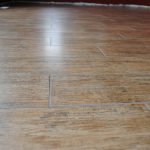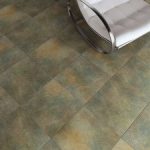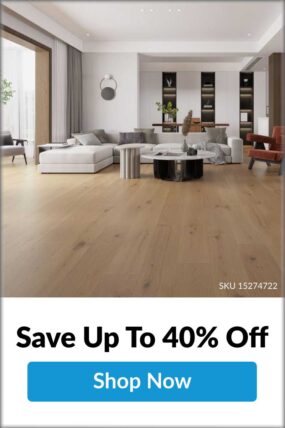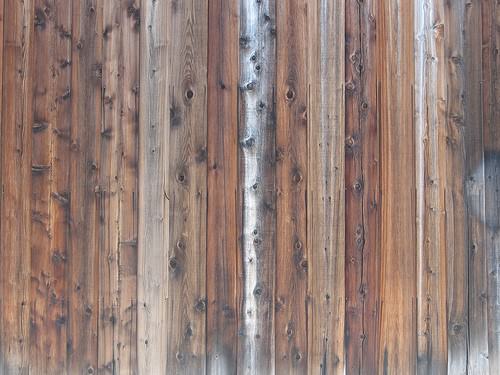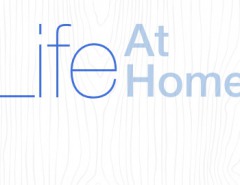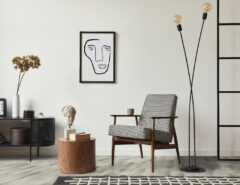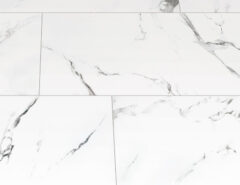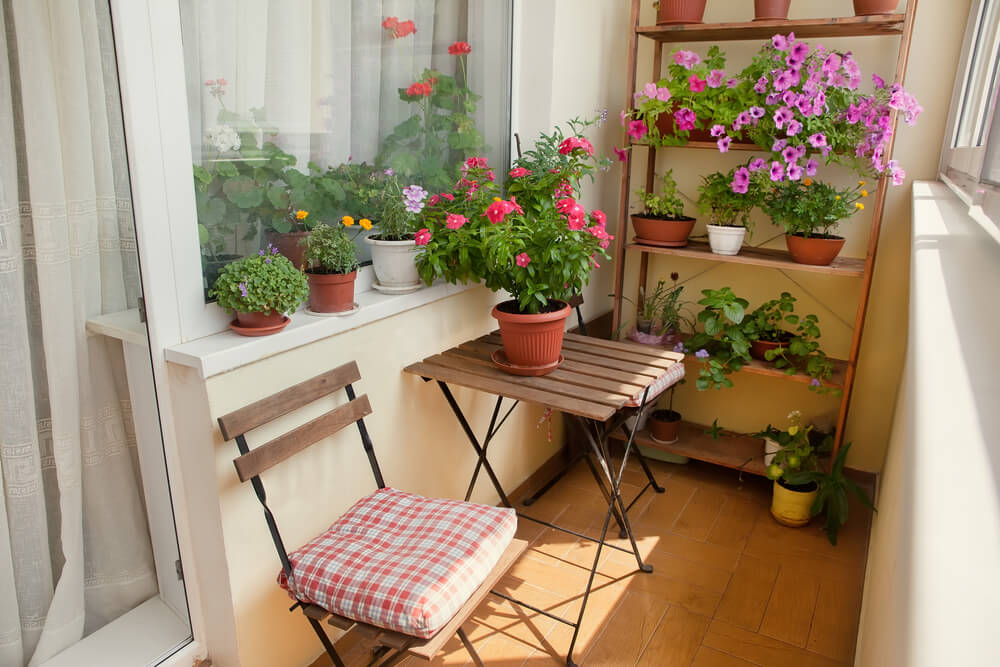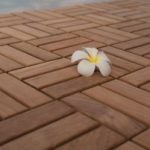As sustainability becomes intertwined with home design, and as wood becomes a more precious resource, finding ways to use reclaimed wood is becoming extremely popular. One source of old wood is barns: this barnwood offers a unique look and feel that designers and homeowners love. Best of all, it’s sturdy, green, and utterly unique.
What Is Barnwood?
Barnwood is just what it sounds like: reclaimed wood that comes from old barns. When barns are too damaged to repair, or new homeowners want to dismantle old barns on their property, instead of trashing the wood, it can be sold or used in interior design projects. DIY experts may grab barnwood straight from an old barn and turn it into a great interior design project. Homeowners and farmers may also sell that old wood to companies, who reclaim it and turn it into gorgeous hardwood or engineered wood flooring options.
Barnwood ties directly into several recent design trends. It’s a sustainable wood product that plays into upcycling and reclaiming, great for eco-friendly hardwood floors. The wood also has an old, unfinished look that is a staple of the industrial, shabby-chic look that’s been gaining traction. Barnwood represents many wood species, since each barn is different. You may end up with gorgeous reclaimed pine, cherry, walnut, chestnut, or something else entirely!
Barnwood Flooring
Barnwood flooring with varying plank lengths will create a wonderfully authentic rustic feel in your interior. Barnwood looks lovely with a number of interior design schemes and colors; the variety gives you many options, from contrasting wood grain to degrees of weathering. A narrow barn plank offers a traditional feel for your flooring, perfect if your design has Victorian or Edwardian elements. Wider planks look more modern, and compliment exposed brick walls and burnished metal fixtures.
The Reclaimed Wood Trend
Crafting DIY furniture out of wood pallets has been an interior design trend for several years now, which opened the door to many reclaimed wood sources getting a second life as chic new design options. Barnwood is popular because it’s versatile: the length of the planks makes them useful for all sorts of design situations, whether they’re siding on a house, hardwood floor, tables, chairs, or other furniture. Barnwood even makes lovely accent walls.
Because barns had to be sturdy and stand through seasons and weather changes, the wood is strong, good quality you can be confident using in your home. Some of the barns providing barnwood are decades — or even a century — old. With the sustainability trend meeting the industrial, weathered trend, barnwood has become the perfect option for homeowners and design enthusiasts. The weathering and character found in barnwood is unparalleled; even the best designers can’t recreate every nuance of barnwood. The result is an authenticity that people adore.
Unfortunately, barnwood is so popular some people are breaking into private barns, removing beams of wood, and selling it to flooring companies, who don’t know the wood is stolen. When you invest in buying barnwood, either buy it directly from the barn’s owner, or ask your flooring source where their reclaimed wood comes from.
Accenting With Barnwood
The reclaimed wood trend has inspired designers and homeowners to get creative with accent walls. In contemporary and industrial design schemes, wood planks as accent walls are a huge hit. They bring earth tones to the room while offering an unexpected pop of texture. Accent walls crafted of barnwood capture the eye and continue to surprise, because of the amount of character you find in each plank of barnwood.
When creating an accent wall out of wood, you don’t need planks as thick or sturdy as those you use for flooring. They don’t need to bear any weight, and you can attach them directly to drywall with nails or glue, depending on your DIY preference and your specific interior circumstances. When installing a barnwood accent wall, you have a few things to think about: do you want your planks to run horizontally or vertically? Horizontal is more common, but you get to choose whatever you fancy! Also remember to vary the spots where the short ends of the planks meet, so you don’t create a seam down your wall.
By the way, if you want to cheat and go for paneling or a laminate to make things easier on yourself, you can find barnwood tile and wall paneling that will add that pop of unfinished wood to your interior.
Your barnwood accents may be tables, chairs, foot rests, storage chests, or even artwork. Using distressed wood to create centerpieces in your home, such as a dining room table, a kitchen island, or a coffee table, is a new sustainable trend that people love. The best part? Because reclaimed wood looks so different, and because many of these pieces are customized, you can follow the trend without dooming your interior to be out of style in a few years, or without copying everyone else who’s already done it.
Creating Barnwood Siding
Distressed wood looks stunning on the exterior of your home, too. Barnwood siding turns your house into a rustic paradise. Though the wood may be called “antique,” you know it can handle anything the seasons throw at it, because it’s been part of a sturdy barn for years and years. How rustic it looks is up to you: go for true barn siding by using barnwood that’s barely been treated and revel in the color differentiation and the look of the old wood. Or, choose barnwood with a bit more shine to it for the updated take on a chic log cabin.
Barnwood looks good in new spaces and in old homes. Because it’s such a versatile option, you can find a way to use it with almost any existing interior space. Because every barn is different, you know your barnwood flooring, accents, or siding will be totally unique. Are you ready to remodel with some barnwood?

